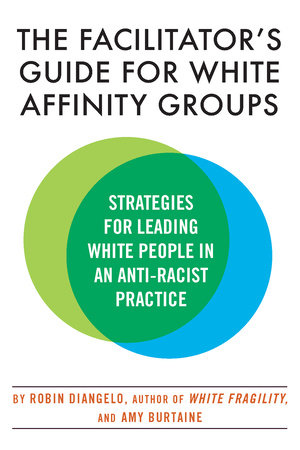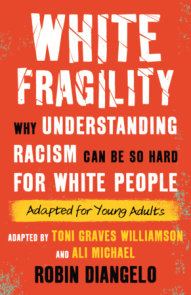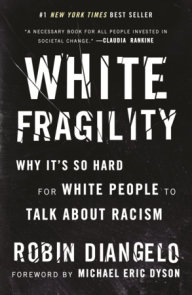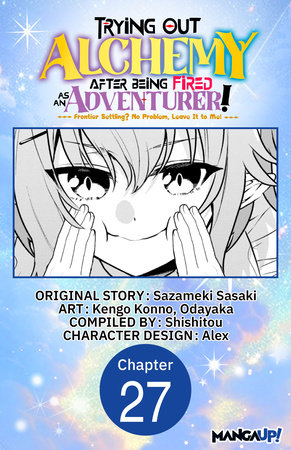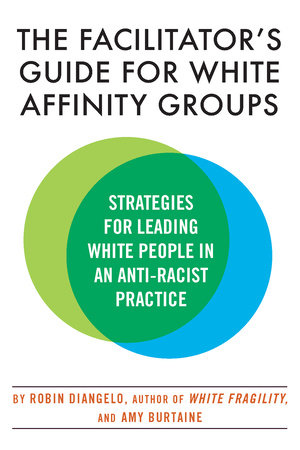

The Facilitator's Guide for White Affinity Groups
By Dr. Robin DiAngelo and Amy Burtaine
By Dr. Robin DiAngelo and Amy Burtaine
By Dr. Robin DiAngelo and Amy Burtaine
By Dr. Robin DiAngelo and Amy Burtaine
Category: Nonfiction
Category: Nonfiction

-
$22.00
Aug 09, 2022 | ISBN 9780807003565
-
Aug 09, 2022 | ISBN 9780807003572
YOU MAY ALSO LIKE
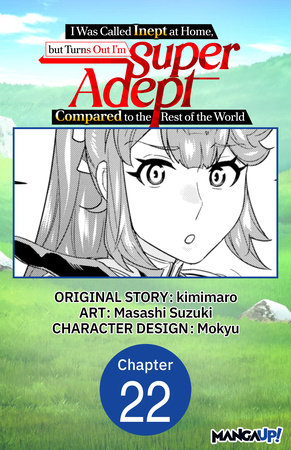
I Was Called Inept at Home, but Turns Out I’m Super Adept Compared to the Rest of the World #022
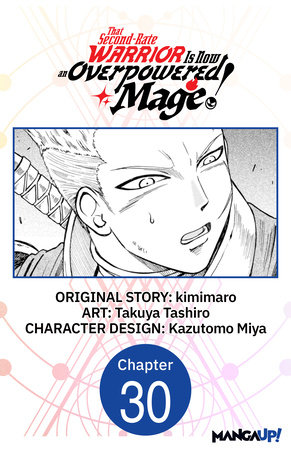
That Second-Rate Warrior Is Now an Overpowered Mage! #030
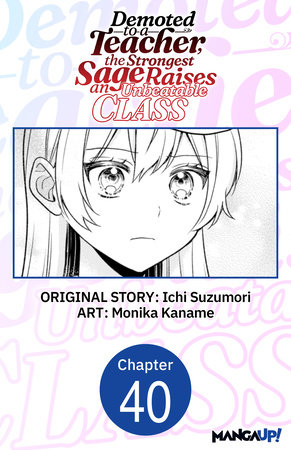
Demoted to a Teacher, the Strongest Sage Raises an Unbeatable Class #040
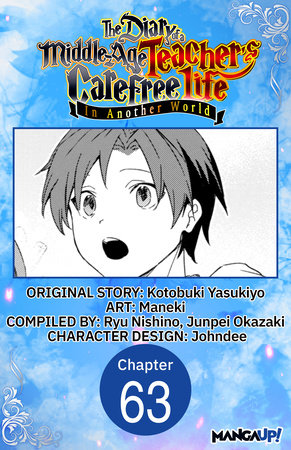
The Diary of a Middle-Aged Teacher’s Carefree Life in Another World #063

Reborn as a Feudal Lord Gathering a Talented Elite So This Land Can Thrive by Employing My Past Life Experiences as an Overworked White-Collar Worker #032
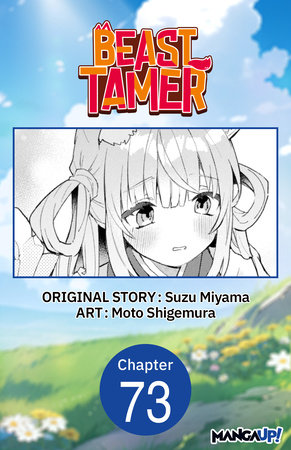
Beast Tamer #073

Smoking Behind the Supermarket with You #035
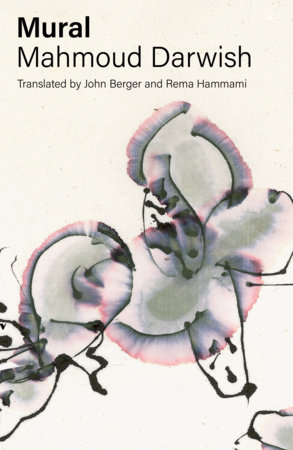
Mural

Mott Street
Praise
“DiAngelo and Burtaine expertly lay out how to create and sustain an effective white affinity group. Backed by years of experience, they adroitly work their way through the briar patch of white racial patterns that limit progress in anti-racism work. A first of its kind, this invaluable and much-needed resource will deepen the work of white affinity spaces and, by extension, increase the number of white people who are aware of the role of race in their lives, can trace the impact of racist policies of the past into the present, and have the tools to take transformative action. Knowing this guide is in facilitators’ hands gives me great hope.”
—Jacqueline Battalora, author of Birth of a White Nation
“A must-read for facilitators of white accountability groups! Honest and truth-telling, this essential guide raises key questions and provides crucial insights to address common pitfalls and challenges when leading these critical conversations. I wish I had a handbook when I started facilitating white accountability groups; now it’s here!”
—Kathy Obear, EdD, president, Center for Transformation and Change
“Some of my most powerful learning has been in White anti-racist groups like the ones described here—making mistakes together, asking stupid questions, and supporting each other on the challenging journey of addressing racism. I loved the clarity, suggested activities, and manual-like style of this guide for facilitating these groups, which will be incredibly useful and returned to again and again. May this book help you build loving and accountable relationships with other White people and cultivate courage, take action, and keep moving on your anti-racist path.”
—Ali Michael, PhD, coauthor of Our Problem, Our Path: Collective Anti-Racism for White People
“Robin DiAngelo and Amy Burtaine have provided wise and practical shapes for effective midwifery of anti-racist consciousness in collective context. This work is an invitation to build relational capacity toward durable social action by those who recognize that white supremacy differentially dehumanizes those it moves through and those it marginalizes. There is a compelling case made that anti-racism is inherently transformative to those who practice it while releasing a grip on perfectionist evasion or a quest for comfort. Instead, this facilitator’s guide brings conviction that responsiveness and mutuality are true companions of accountability.”
—Leticia Nieto, coauthor of Beyond Inclusion, Beyond Empowerment
Table Of Contents
INTRODUCTION
Why White Affinity Groups?
CHAPTER 1
The Basics
CHAPTER 2
Different Contexts
CHAPTER 3
Getting Started
CHAPTER 4
Prompts, Discussion Starters, and Facilitator Techniques
CHAPTER 5
Addressing Common Patterns and Challenges
PATTERNS WE SEE BEFORE GETTING TO OUR WHEN STARTING THE AFFINITY GROUP
1. Resistance to Breaking into Separate Groups
2. “I’m Not White”
PATTERNS RELATED TO WHITE IDENTITY
3. Expecting People of Color to Teach Us About Race
4. Expecting Answers
5. Fear of Being Perceived as Racist
6. Taking Everything Personally
7. Claiming Racial Innocence
8. Cat on a Hot Tin Roof
9. The Confessional
10. Critiquing the Thinking of People of Color
11. Intellectualizing
PATTERNS RELATED TO THE DENIAL OF RACISM
12. “It’s Different Where I Come From”
13. Removing Race from the Equation
14. Distancing
15. Claiming Reverse Racism: “They’re Just as Racist as We Are”
PATTERNS RELATED TO GROUP DYNAMICS
16. Checking Out
17. Dominating the Discussion
18. Out-Woking
19. Silence
20. Scapegoating
21. Fear of Challenging Others in the Group
22. Power Dynamics Rooted in Rank
23. Where Is Everyone?
24. The Closing Bomb
PATTERNS RELATED TO THE FACILITATORS
25. The Difficult Participant
26. Challenging the Facilitators
27. Trying to Facilitate from Within the Group
28. “Show Me the Agenda”
29. Feeling Entitled to the Facilitators’ Time
30. The Kiss-Up
31. The Pile-On
PATTERNS WE WORK ON HERE SO WE DON’T ENGAGE IN THEM WHEN IN MIXED GROUPS
32. Credentialing
33. Hopelessness
34. Hopefulness
35. Complaining about How Exhausting the Work Is
36. Channel Changing
37. White Fragility
38. Getting Stuck in Guilt/Shame
39. Centering Our Own Trauma
40. “I’m Powerless”
41. White Women’s Tears
42. The Extreme
CHAPTER 6
Closing the Group
CHAPTER 7
Accountability
Glossary
Additional Resources for Your Anti-Racist Practice
Acknowledgments
Notes
21 Books You’ve Been Meaning to Read
Just for joining you’ll get personalized recommendations on your dashboard daily and features only for members.
Find Out More Join Now Sign In








